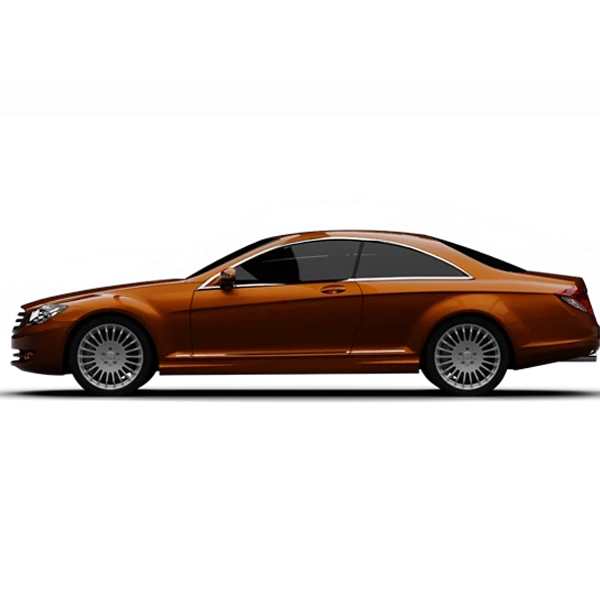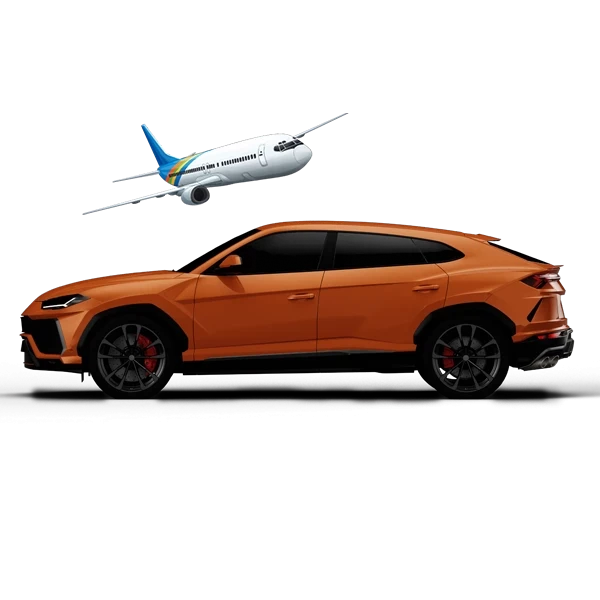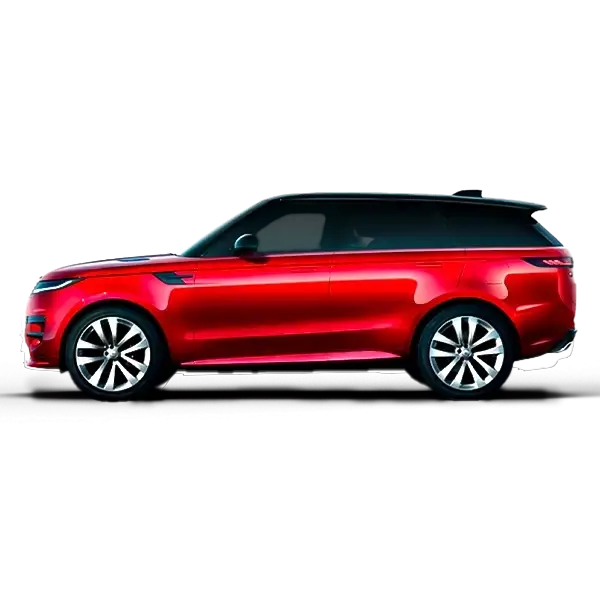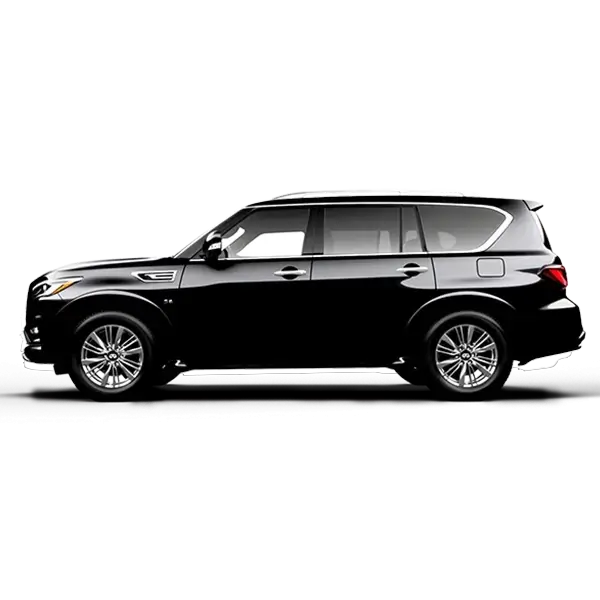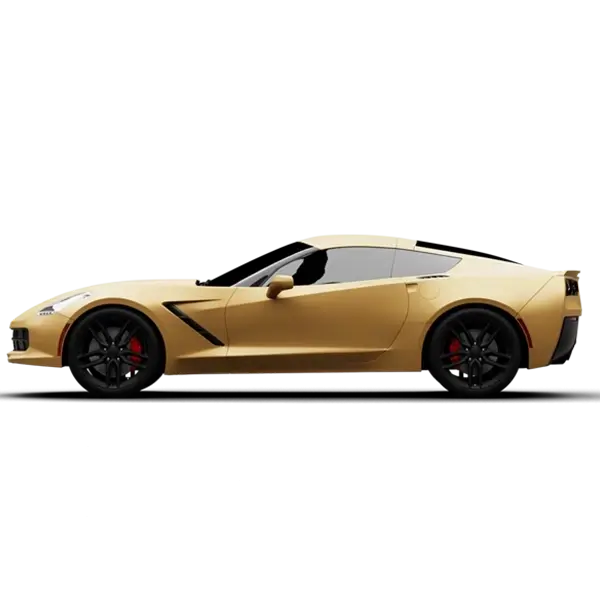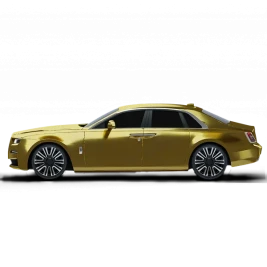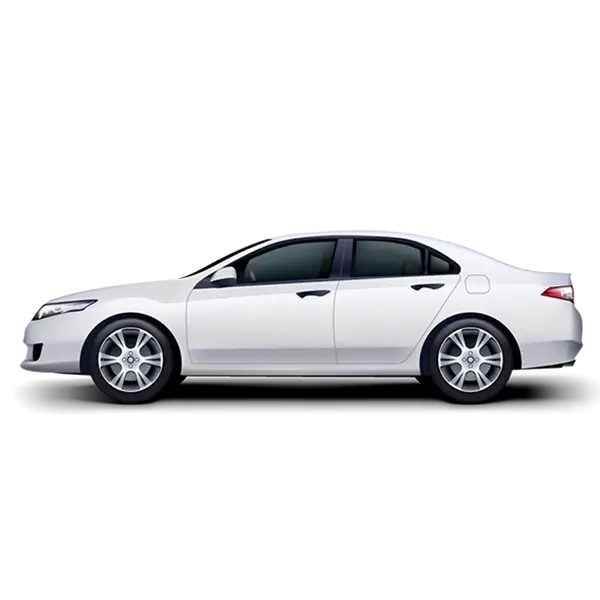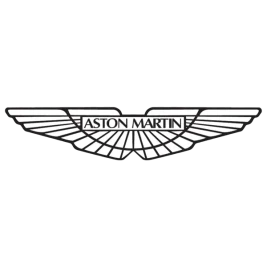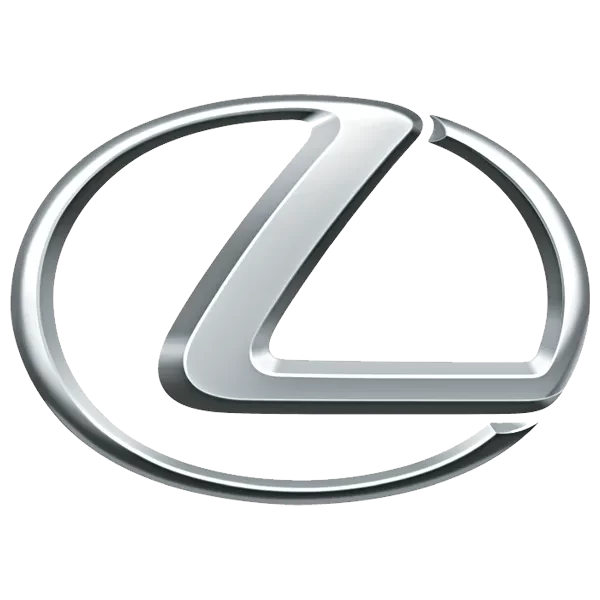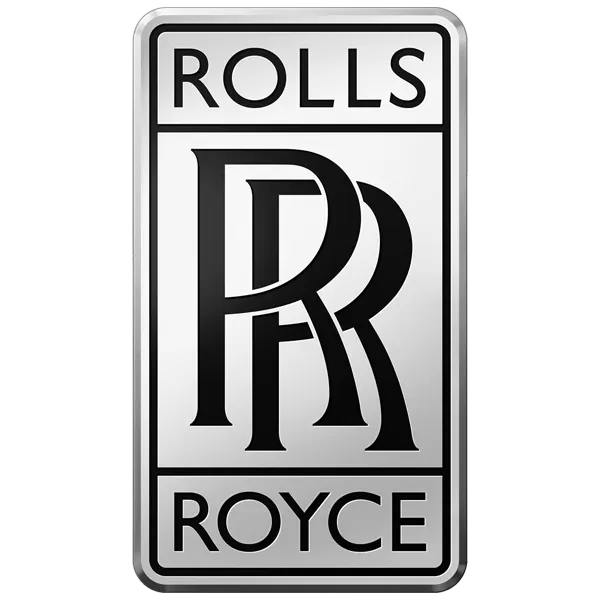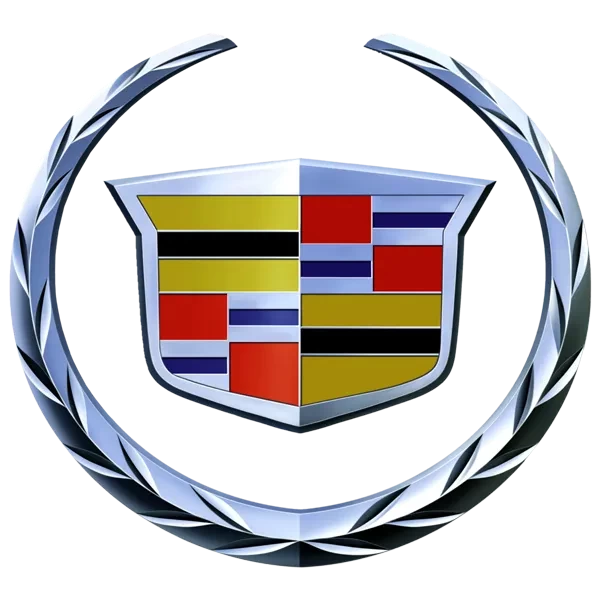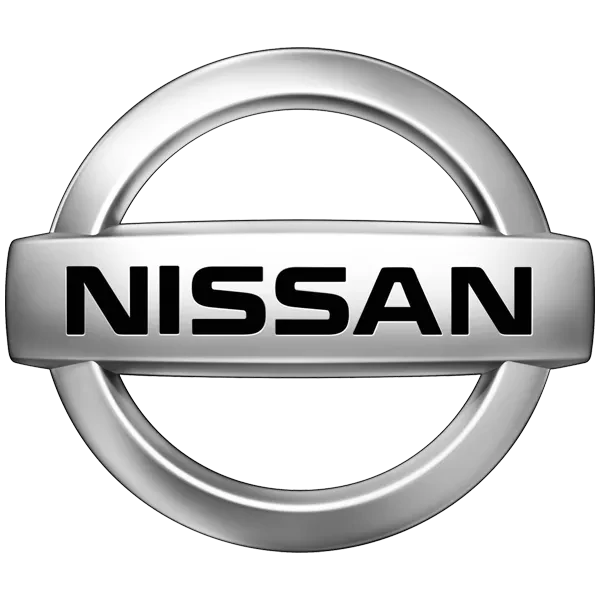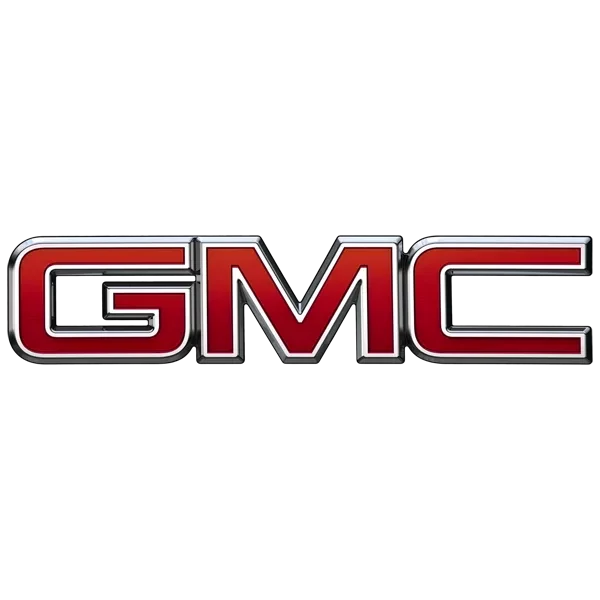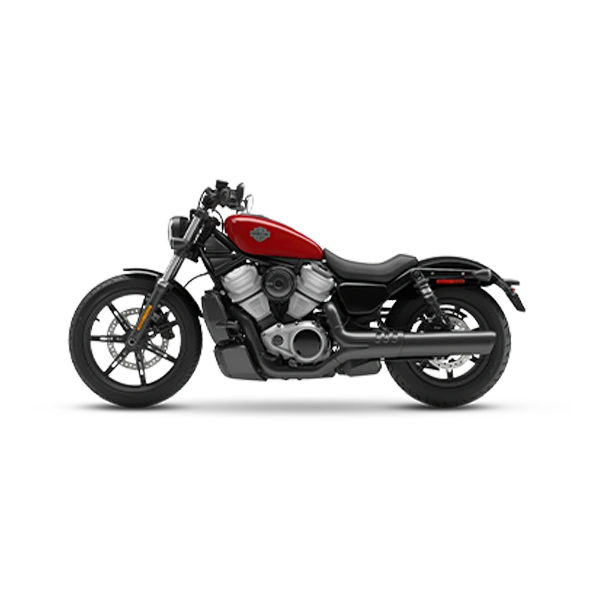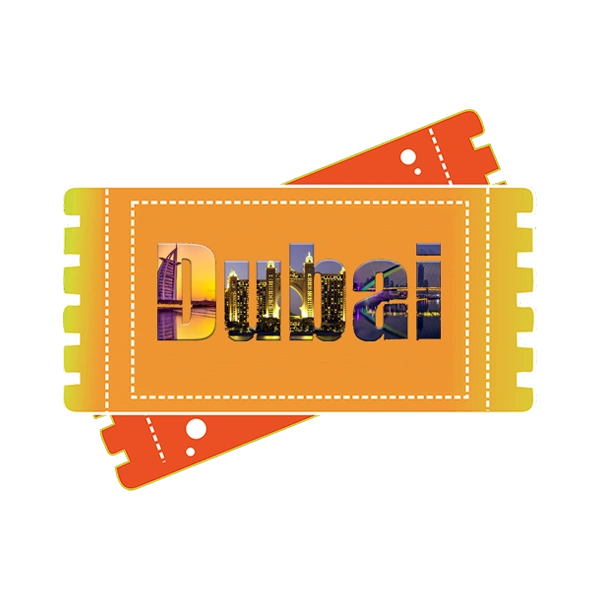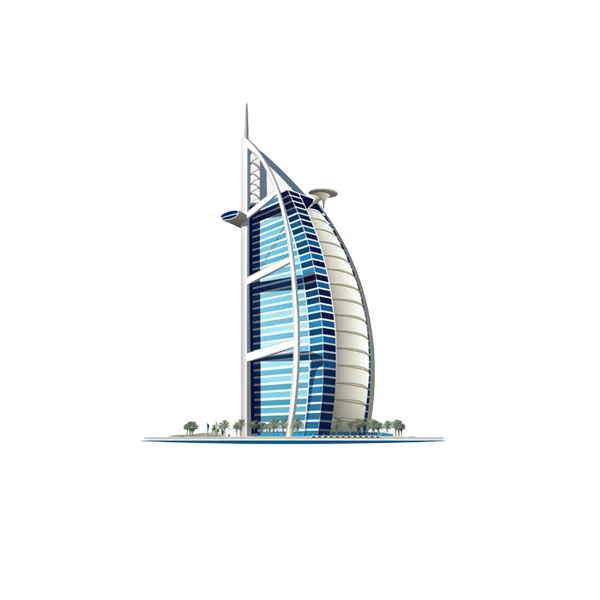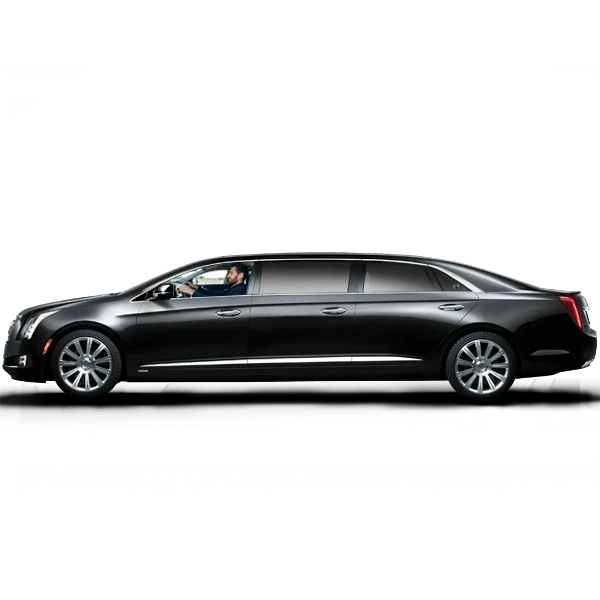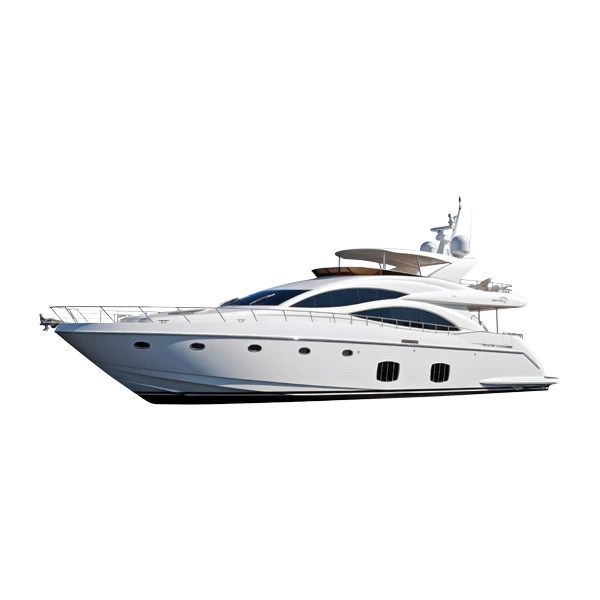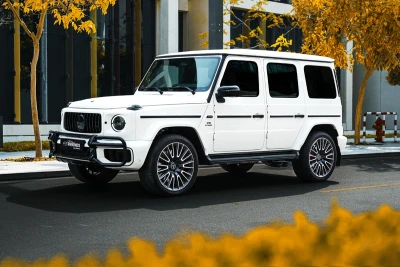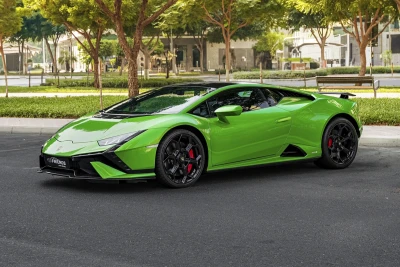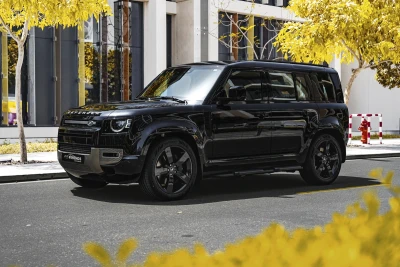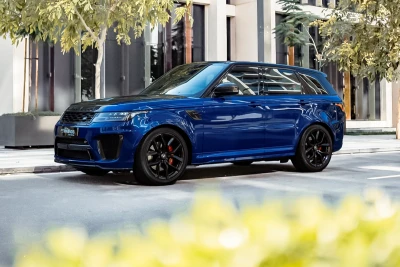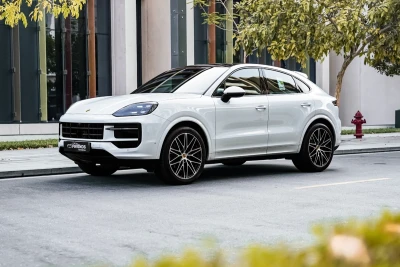How Bad Is It to Buy an American-Imported Car in the UAE?
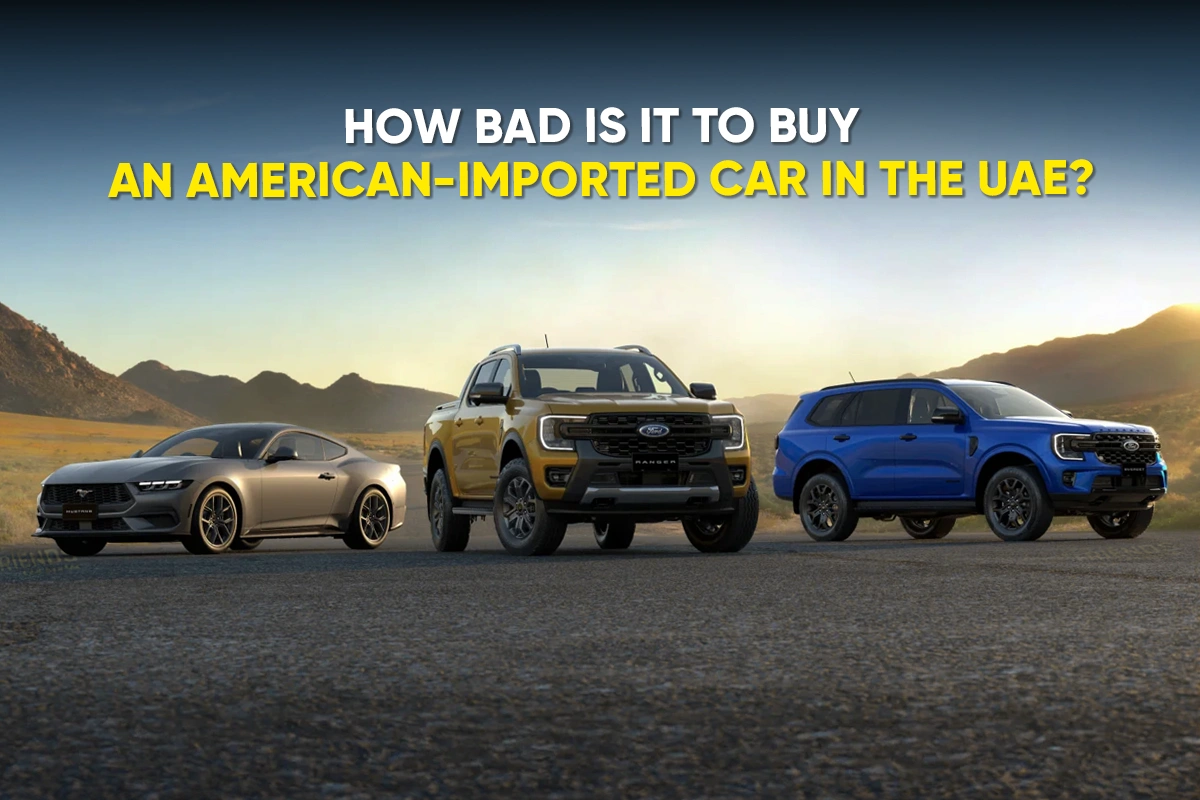
The idea of a high-spec American import car at a tempting price is an undeniable lure here in the UAE. However, an often unseen truth lurks behind such deals. Sometimes things can go absolutely downhill, right from the start. So, how bad is it to buy an American-imported car in the UAE? This article navigates you through the core risks, the technical spec gap with GCC versions, and the possible financial pain, helping you understand what you are really getting into.
The Core Risk: Salvage, Flood, and Accident History
The tempting price tag of American-imported cars often stems from a Salvage, Rebuilt, or Total Loss title issued in the US. This simply means the insurance company deemed the car too damaged or expensive to fix stateside, making it cheaper to export. America's strict insurance write-off rules and high labour costs make shipping the vehicle overseas for a cheap repair and resale a highly profitable business model.
These imported cars to the UAE frequently hide serious, underlying collision, flood, or fire damage. Repairs are often done quickly and poorly, meaning critical safety features—like airbags or chassis integrity—may be compromised.
Even if the car looks pristine, it faces the RTA and local authority inspections here in the UAE. Structural damage, non-functional safety systems, or failure to meet roadworthiness standards can cause it to fail inspection, potentially leaving you with a costly, unregistrable vehicle.
The only reliable way to avoid this risk is mandatory due diligence: NEVER skip a VIN check. These reports (from services like CarFax or AutoCheck) are non-negotiable, as they instantly flag critical US-recorded data like Flood Damage, Total Loss declarations, or Odometer Fraud. Spend the small fee upfront to reveal the vehicle’s true, documented history before you spend a single Dirham.
The GCC Specification Gap: US-Spec Fails the UAE Climate
US-spec cars are built for North America's varied climate, which includes cold winters. In contrast, GCC-spec (Gulf Cooperation Council) cars are specifically engineered to survive the UAE’s extreme heat, sand, and humidity. Buying an American import car in the UAE means inheriting a vehicle fundamentally unprepared for the local environment.
Here are the key mechanical differences that create expensive problems for the owner:
Inferior Cooling Systems
The single biggest issue. GCC cars feature larger, heavy-duty radiators, enhanced fan setups, and high-performance air conditioning compressors. US-spec cooling systems are often inadequate for continuous 45°C(113°F) heat, leading to chronic overheating, premature engine wear, and expensive failures, especially during the summer.
Lack of Desert Filtration
GCC models have robust dust filters and specialized air intake systems designed to protect the engine and cabin from fine sand and excessive dust. US-spec cars lack this crucial filtration, resulting in accelerated wear on air conditioning components and internal engine parts.
Software and Sensor Differences
US-spec cars often have different emissions control software and sensor calibration that may not align with UAE testing standards. This causes recurring electronic fault codes that can be difficult and costly to resolve locally.
No Rust or Corrosion Protection
US models, particularly those from states that don't use road salt, often lack the specialized anti-corrosion treatments common in GCC vehicles. This makes them highly vulnerable to rust and rapid deterioration from the high humidity and coastal air of Dubai and Abu Dhabi.
The Long-Term Financial Pain
The low sticker price of an American-spec car is deceptive because it fails to account for the mandatory conversions, elevated running costs, and loss of critical protections. The true cost of ownership often exceeds that of a genuine GCC-spec vehicle within the first year.
Voided Manufacturer Warranty: Self-Insuring Failures
The single greatest financial risk is the immediate voiding of the manufacturer's warranty. Warranties provided in the US are region-specific and are not honoured by local GCC dealerships or agents.
Out-of-Pocket Repairs
The owner must pay for any major issue—especially cooling system failure, transmission problems, or electronic faults—entirely. Given the high probability of climate-related failures, this exposes the owner to potentially catastrophic repair bills, turning the initial savings into huge losses.
Mandatory Modification and Compliance Costs
US-spec vehicles require mandatory modifications to pass RTA inspection and be registered for use in the UAE. The buyer must pay for these essential compliance costs, which add thousands of Dirhams to the final price.
Speedometer Conversion
US-spec cars display speed primarily in mph. Conversion to the UAE-mandated km/h is essential, often requiring replacement of the gauge cluster or extensive software re-programming.
Lighting and Safety Alignment
Some older US-spec cars may need adjustments to their headlight beams and taillights to meet local safety standards.
Emissions Compliance
If the vehicle fails to meet the GSO (Gulf Standards Organization) emission standards during inspection, the owner faces significant fines and the need for expensive modifications (potentially exceeding AED 2,500 to AED 4,200) or risk rejection.
Insurance, Financing, and Resale Penalties
The UAE’s financial institutions (banks and insurance companies) and the secondary market heavily penalize US imports, recognizing the heightened risk.
Higher Insurance Premiums
Insurance providers charge higher premiums for non-GCC vehicles due to increased claims risk and the higher cost of sourcing specialized US-spec parts for repairs.
Difficulty Financing
Banks are often reluctant to provide loans for US-spec imports, especially those with salvage or flood titles, forcing buyers to pay cash or secure private financing at less favourable terms.
Steep Depreciation and Poor Resale
GCC-spec vehicles retain higher resale values because their history and suitability are guaranteed. US-spec cars suffer from steep depreciation, often selling for 10% to 25% less than comparable GCC models, making them a poor long-term investment.
The Legal & Paperwork Labyrinth
The financial and technical risks are often overshadowed by the bureaucratic and legal hurdles faced upon arrival in the UAE. Navigating customs, clearance, and the Roads and Transport Authority (RTA) is a complex process that disproportionately penalizes non-compliant vehicles.
The Immediate Ban on Salvage Titles
A primary risk is the vehicle’s title history. Many US imports are bought from insurance auctions as total loss vehicles (due to accidents, flood, or fire) and subsequently repaired. The RTA strictly prohibits the registration of vehicles declared total loss, flood-damaged, or for parts only.
Suppose a comprehensive RTA inspection at a center like Tasjeel uncovers evidence of severe, poorly-repaired frame damage or compromised safety systems (like non-functional airbags). In that case, the vehicle will fail and be legally barred from the road.
Age Limits and Inspection Failure
Beyond the salvage title risk, all imported vehicles face a stringent compliance gauntlet:
Age Restriction
Most light vehicles older than 10 years from the date of manufacture are ineligible for import and registration.
Compliance Failure
Non-GCC cars frequently fail the RTA technical inspection due to non-compliant emissions systems or disabled safety features (such as bypassed seatbelt pretensioners). These failures are instant grounds for rejection.
The Catastrophic Cost of Rejection
If the vehicle fails the RTA inspection, the owner suffers a catastrophic financial loss. Having already paid shipping costs, customs duties (5% Customs Duty and 5% VAT), and repair fees, the buyer is left with an immobile asset that cannot be legally registered or driven, forcing expensive re-export or disposal.
Actionable Checklist for Informed Buyers
For individuals determined to purchase a US-spec vehicle despite these risks, the following checklist provides the minimum due diligence necessary to mitigate potential catastrophes:
Obtain the Vehicle Identification Number (VIN) and run a detailed report (e.g., through Carfax) before making any payment. Verify that the title is Clean and has no history of Salvage, Flood, Fire, or Total Loss status.
If the VIN check passes, consult directly with an RTA-approved testing center (like Tasjeel) regarding the specific model year and VIN to preemptively confirm its compliance and age eligibility.
Only allow the vehicle to be inspected by a third-party, reputable workshop that specializes in US-spec imports, focusing specifically on:
Airbag and Restraint Systems
Cooling System
Chassis and Frame
Secure all records of modification or repair completed since the vehicle left the US to verify the quality of work performed.
Before attempting registration, allocate a minimum of AED 18,500 for immediate, mandatory repairs and compliance modifications. Keep a substantial reserve for inevitable system failures caused by climate exposure.
The Verdict
While some US-spec imports may be successfully registered and driven, the majority carry latent defects and operational shortcomings. They violate fundamental safety and roadworthiness standards. The inevitable financial spiral—starting with modification costs and escalating to repeated major component failures—makes the US-spec vehicle a significantly poorer long-term investment than a guaranteed GCC-spec alternative.
Written by: FriendsCarRental
Published at: Tue, Oct 21, 2025 4:40 PM
Leave a Reply
Your email address will not be published. Required fields are marked *
Car Rental in Dubai
AED 2500
DAY
AED 0
MONTH
-
 SUV
SUV -
 4 Doors
4 Doors -
 5 Seats
5 Seats
- 1 Day Rental Available
- Deposit: Not Required
- Insurance Included
AED 5500
DAY
AED 0
MONTH
-
 Sports
Sports -
 2 Doors
2 Doors -
 2 Seats
2 Seats
- 1 Day Rental Available
- Deposit: Not Required
- Insurance Included
AED 1200
DAY
AED 0
MONTH
-
 SUV
SUV -
 4 Doors
4 Doors -
 5 Seats
5 Seats
- 1 Day Rental Available
- Deposit: Not Required
- Insurance Included
AED 1600
DAY
AED 0
MONTH
-
 SUV
SUV -
 4 Doors
4 Doors -
 5 Seats
5 Seats
- 1 Day Rental Available
- Deposit: Not Required
- Insurance Included
AED 1500
DAY
AED 28500
MONTH
-
 SUV
SUV -
 4 Doors
4 Doors -
 5 Seats
5 Seats
- 1 Day Rental Available
- Deposit: Not Required
- Insurance Included

 عربي
عربي
 English
English
 Français
Français
 Русский
Русский
 中国人
中国人
 Nederlands
Nederlands
 Española
Española
 Türkçe
Türkçe
 Italiana
Italiana




